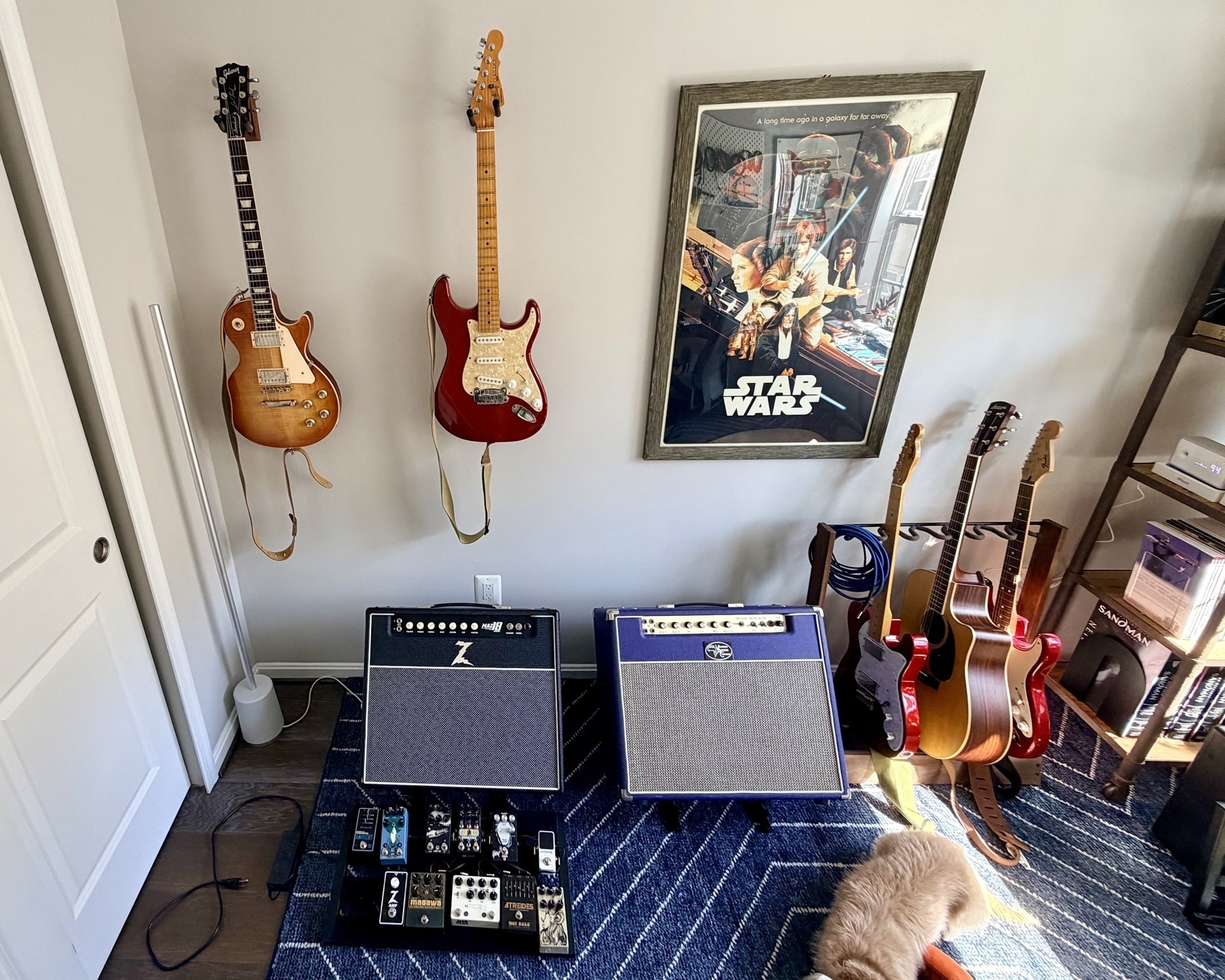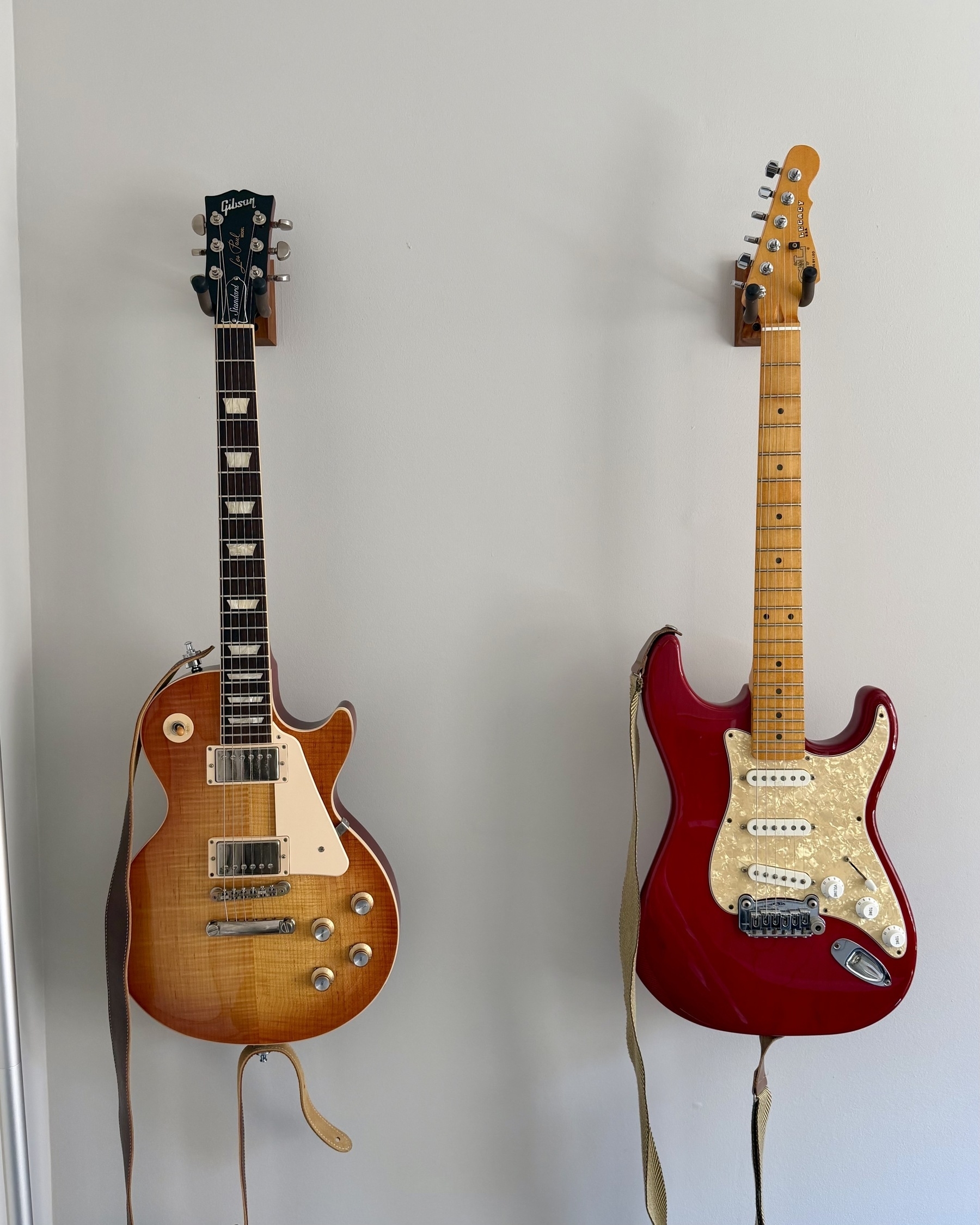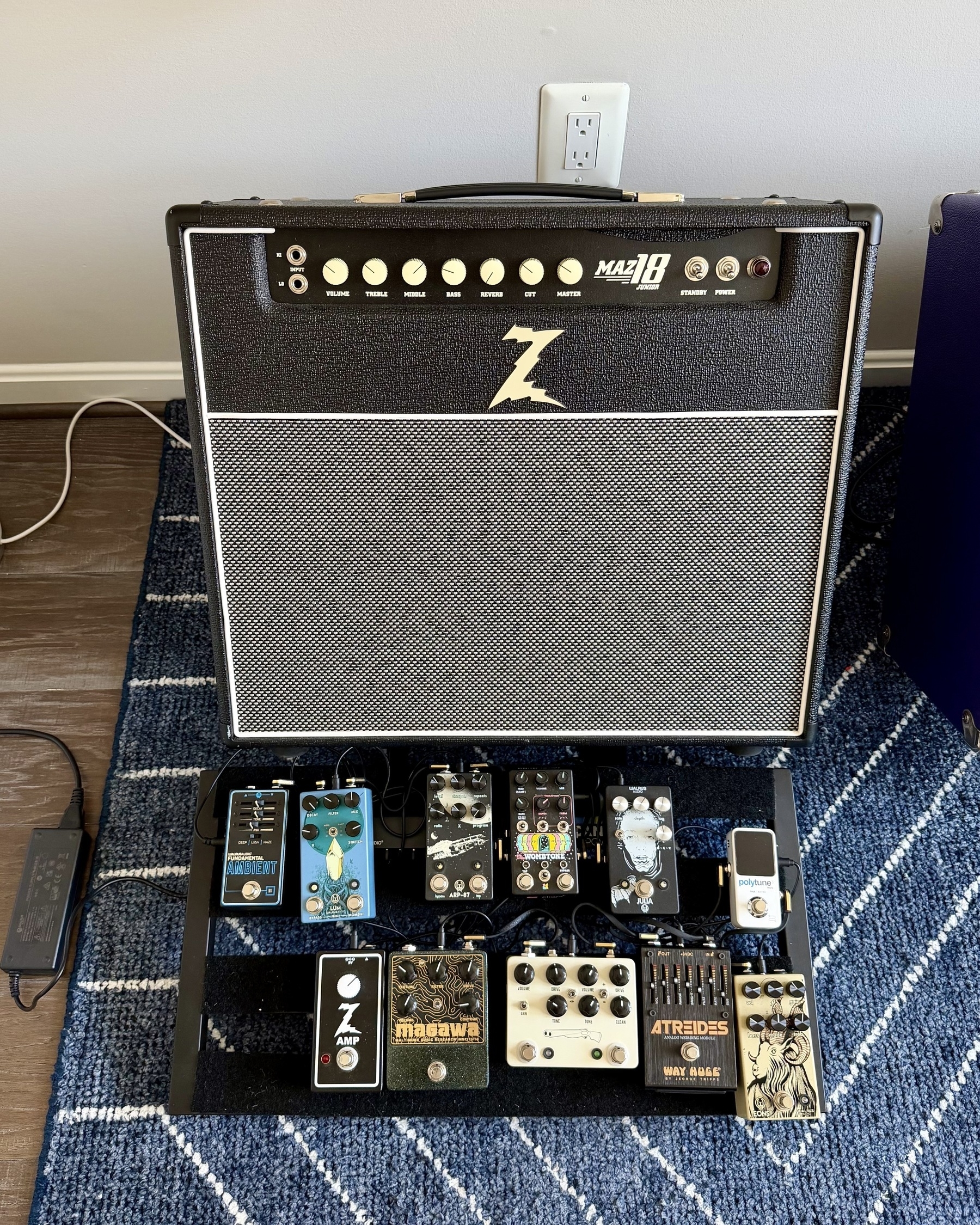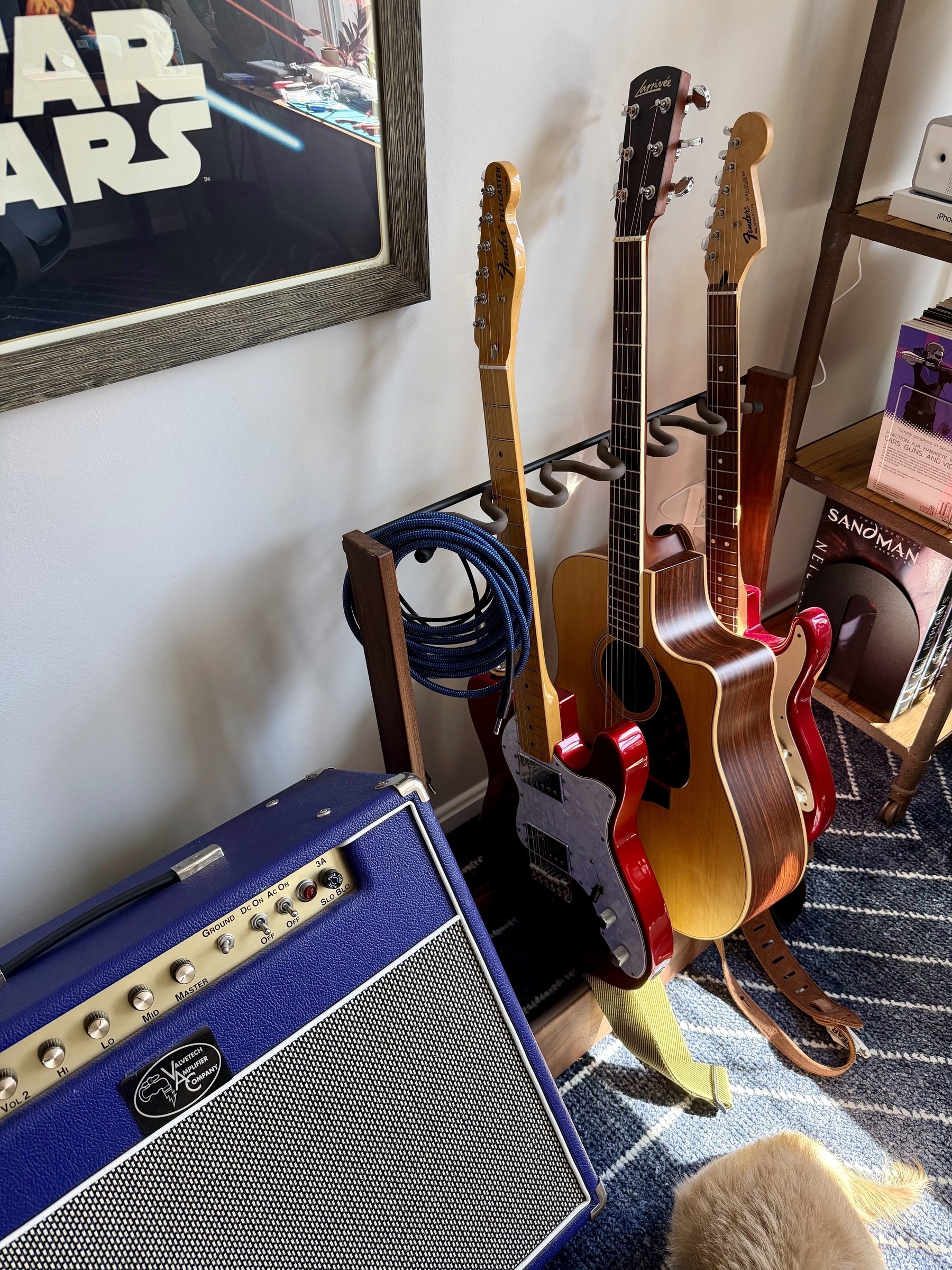There was a brief period of time where I put a tiny, tiny bit of effort into LinkedIn. I wrote the smallest amount about what I did at work and I interacted the tiniest bit with others in my general field. I did this in part because I missed the professional elements of Twitter, and I did it a little bit because I was starting to feel anonymous in my own leadership.
Working for a small company for 10+ years was strange– on the one hand, because I would at least occasionally go to conferences and give talks and interact with the school districts using our product, my network was large and sprawling. On other hand, straddling all kinds of professional identities and staying in the same place made my professional network seem small.
But since the acquisition by PowerSchool 18 months ago, and especially after celebrating some key milestones, I have all but sworn off logging into LinkedIn. I’ve largely stopped talking about professional work on any form of social media as well. And in my current role, I virtually never go to conferences and only ever interact with customers when there are intense escalations.
Does my network feel smaller? Yes, in many ways it feels evaporated. To the degree that I feel like I am “known” outside of an intentionally small, immediate team, it’s through a slowly growing profile internal to my role. And I have to say, even then, I wish my footprint was smaller– my responsibilities are already sprawling and near impossible to keep up with within the boundaries I’ve set for myself now at work (no more weekends, 10 hours max per day).
My goals have changed, at least somewhat. While I wouldn’t say that anyone in tech, and especially public sector tech, should feel “safe” right now, not working at a startup has removed an entire layer of dread I carried for a decade– that at any moment, everything could evaporate, and that if I wasn’t careful, no one would know what I did and what I was good at and finding a job would be incredibly challenging. Now, while I think it’s probably just as likely I might suddenly lose my job , I am less worried. I can point to having been an early employee with a successful exit. I can point at a moderately fancy title at a fairly well known place. And frankly, I did well enough that I have the cushion to pause a bit if things go south and not worry about my material safety.
I am not even sure what I want to be known for professionally any more. I am not even sure who I want to know it. Am I a product manager? I mean, maybe? Am I a software engineer? I mean not really. Am I an engineering manager or architect? Sort of, but not meaningfully. Am I a strategy leader? What does that mean? Am I an expert on K12 school finance? Yeah, I mean I guess I am. Mostly I try and pay attention, learn things, and solve what problems I think I can have an impact on. If that means writing code– fine. If that means talking to customers, sure. If that means giving advice on how to talk to another manager or colleague, sure. If that means designing how data needs to be structured to support a feature, let’s go. If that means writing a SQL query, ok.
I think all jobs are eventually the holes you choose to fill. I’ve never worked somewhere that didn’t have more to be done than resources to do it. Jobs you’ve had for a long time have a way of reshaping people and teams and organizations around the shape you leave.
It’s not how you build a career, but I’m not sure I want that. I don’t want to be invisible– some part of everyone wants to be seen– but I also don’t want to present myself.
LinkedIn didn’t feel bad because of the lunatics– that was entertaining if nothing else. LinkedIn felt bad because I don’t like performing my job instead of doing it. It felt bad because of that paradox of wanting to be seen without wanting to promote. I realized that I am not willing to do what’s necessary to be a “figure” or to maintain all of those loose ties that I’ve built over the years. I admire people who can truly network. I see the truth in how powerful it is to help others you’ve met, over and over again, just to help people. And I see how great it is to expand the reach of your expertise. And I see the problems folks are able to solve because they can connect other people. But at some point in my life, I decided that I prefer to shrink away from all of that. It’s a bit of bizarre thing, because if you’re in the room with me while we’re working, I will expand to eat the whole room. In fact, I consider it a huge problem that I can’t help but to interject myself, get involve, speak too much, take the reins too often from someone else. But externalizing all of that feels… off-putting. There’s a line, and it’s a line that probably makes no sense to anyone else, but I feel it all the time and I feel bad when it’s crossed.
There’s also another reason I hated reading LinkedIn. Like so much of our world today, LinkedIn also suffers from a flattening of expertise. There’s so much being said authoritatively that lacks authority. It’s filled with dumb shit presenting itself as profound. Left and right folks who know little or nothing are spouting about the topics I spend my life working on. And I realized that I don’t miss this at all about Twitter, and I don’t like this at all about the “discourse”. I don’t want to have to explain to someone why their basic assertions are wrong on all the facts. I don’t want to go and share the links. I don’t want to do the research for someone else. When I want to talk about work, I can talk about it with the people I work with who know their shit. I’m thrilled to talk to the public or other practitioners about what I do and share my expertise. I’m thrilled to work on educating people seeking to learn. I have no time to debate with people who have decided they know what’s true already, even as they are just as ignorant as a layperson. I’m not in this game for bad faith conversations.
So if you’ve messaged me on LinkedIn, I’m sorry for leaving you on read– or more likely, unread. I may have connected back with you when you requested it, but I probably didn’t click anywhere else on that website after clicking the link in the email. I rarely, and reluctantly, interact with something that catches my eye when I get tossed on the site for some other reason. But I avoid it all like the plague and plan to keep it that way. I’m glad I can look at someone’s resume super easily online, but I’m just not “there”.
If you actually know me, or try even a little bit to find me, there are better, more direct ways to reach out.



